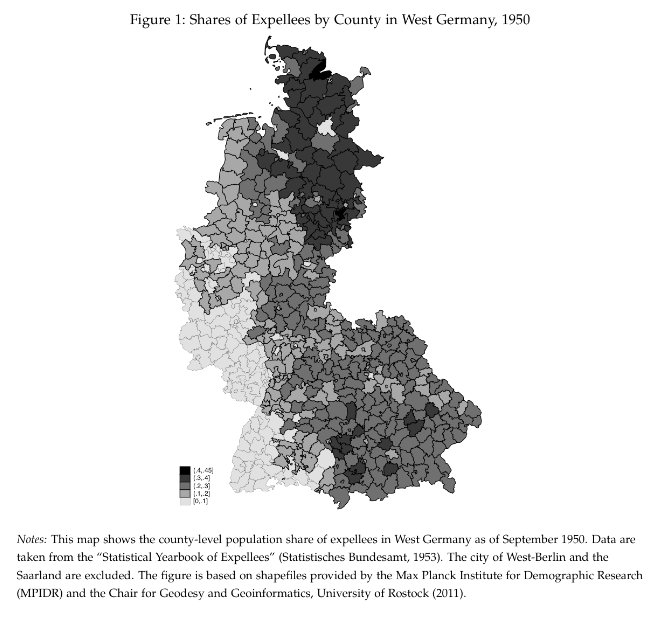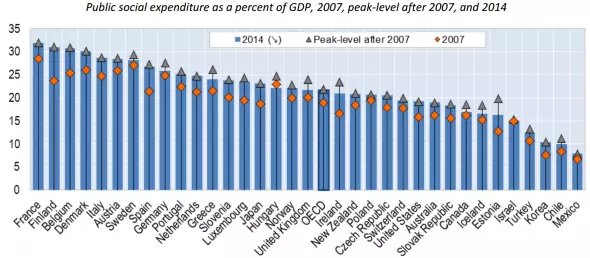Our new paper on the effect of #immigration on #redistribution is now out as @iza_bonn Discussion Paper! @ben_elsner @EconomicsUCD @RHULECON
🧵Summary thread here 👇🏼
1/N

3/N
4/N
5/N
6/N
7/N

11/N
12/N (end)


Get real-time email alerts when new unrolls are available from this author!
Twitter may remove this content at anytime, convert it as a PDF, save and print for later use!

1) Follow Thread Reader App on Twitter so you can easily mention us!
2) Go to a Twitter thread (series of Tweets by the same owner) and mention us with a keyword "unroll"
@threadreaderapp unroll
You can practice here first or read more on our help page!


